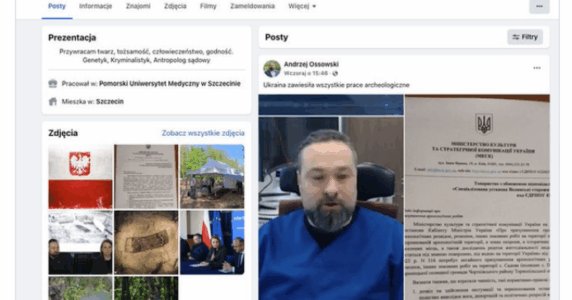Navigation and useful materials
This winter, it will be a year since the beginning of Russia’s full-scale invasion of Ukraine. To mark the occasion, the Kremlin hopes to finally push Europe far enough so that it makes Ukraine sit at the negotiating table, agree to the aggressor’s terms and capitulate.
The thing is, after Ukraine’s Armed Forces succeeded in a counteroffensive in the East and launched one in the South, Russia realized it couldn’t beat the Ukrainian army. That’s why Russia is trying to get what it wants by intimidating Europe, including with pro-Russian “voices” and agenda in the West.
Propaganda is Russia’s only weapon that works. Elon Musk’s recent tweet proves it. The tweet started a storm of emotions in Ukraine and worldwide. The American business magnate essentially offered to end the war in Ukraine the way Russia wants it.
But Musk, along with the whole civilized world, should understand this: no matter how economically challenging this winter will be, any concessions to the aggressor will have worse consequences. The West’s weakness in response to the Kremlin’s blackmail will encourage Putin to launch even more violent attacks. And Ukraine is by far not his biggest ambition.
So read on to find out why this year should the EU and the West should embrace the opportunity to dispel illusions about Russia as a partner.
Russian anti-Ukrainian agenda
Russian propagandists and their henchmen are using lots of levers to influence public opinion in the EU. And scarce wins on the frontline make the Kremlin even more inventive in feeding the world its negative and dubious agenda regarding Ukraine.
Their “arsenal” stores tales of “colossal harm to Europe’s economy caused by Ukraine’s refusal to capitulate.” After that, Russian propaganda presents Ukrainian refugees as “parasites who shouldn’t get any more support.” Then there’s, of course, gas blackmail, which is to make Europe “afraid of the coming winter.”
Russian spin doctors’ big plan is to incite Europeans to mutiny and thus influence European governments, forcing them to withdraw their support for Ukraine and delay military aid.
Russia is actively pressuring the European governments’ point of view through media, international organizations, and individual political figures who have always been known as Putin regime proponents. This agenda is getting promoted at different levels and through different platforms.
The Kremlin’s “voices”
The conductors in the Kremlin don’t give up on their attempts to enlist the support of certain European politicians who promote the anti-Ukrainian agenda.
For example, Hungarian Prime Minister Viktor Orbán consistently criticizes anti-Russian sanctions. He systematically reminds Europe that “restrictions have led to inflation and an energy crisis.” Unlike many European leaders, Orbán does not seek to support Ukraine or the Ukrainian army. The Hungarian government has failed to call Russia an aggressor and even sacrificed good neighborly relations with Poland in favor of the Russian Federation.
Unfortunately, former German Chancellor Gerhard Schröder still supports Russia and its president Putin. It is he who promotes the idea that the international isolation of Russia cannot be maintained for a long time. Allegedly, in the long term, isolating a country like Russia will prove impossible, either politically or economically. This German politician’s point of view is obviously related to the fact that Schröder held high positions in Russian companies for many years and is friends with Putin.
One of the most recent shocks for Ukraine was an opinion Elon Musk, entrepreneur and founder of SpaceX (among other companies), posted on Twitter, Elon Musk. He offered options for “achieving peace between Ukraine and Russia.” To cut a long story short, Musk proposed to recognize Crimea as Russian and hold new referendums in the temporarily occupied regions. The suggestions were more than welcome in Russia: Dmitry Medvedev even suggested (apparently, as a joke) giving Elon Musk an officer rank. Of course, Musk is not a political leader, but coming from an A-lister, such rhetoric harms Ukraine and our interests nonetheless.
How can Ukraine handle it?
Firstly, Ukraine should have no doubt that Europe can and will resist this pressure. The West united to help Ukraine immediately after the start of Russia’s invasion. Now, Europe stands united too, anticipating a cold winter due to Russian gas blackmail, stocking up on the necessary supplies of energy carriers through other channels.
Secondly, Russia’s pressure is powerless against the rational use of resources and saving up. Even if it shuts off the gas supply completely, EU households will survive the winter if member states work together on maintaining gas flows between one another. This is a chance for the entire European Union to dispel its illusions about Russia — particularly as an economic partner.
Thirdly, Ukrainian media and authorities need to be proactive in defending Ukraine. By refuting fake stories and agendas and emphasizing Ukraine’s wins and achievements, they will remain a consistent, transparent, and valuable partner for the West.
If you have found a spelling error, please, notify us by selecting that text and pressing Ctrl+Enter.


